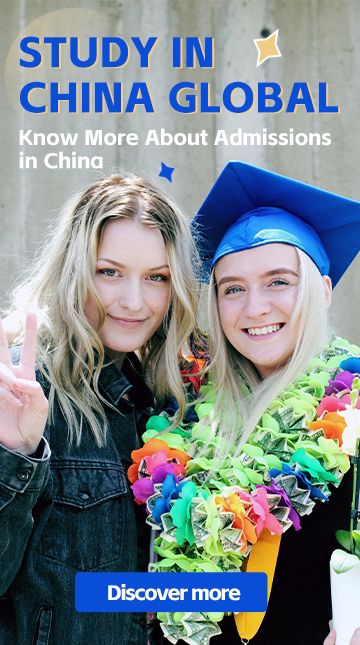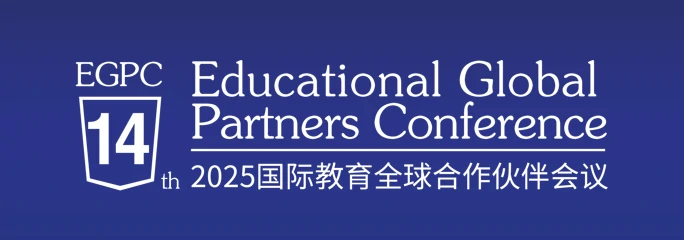
From April 24th to 25th, 2025, the 14th Educational Global Partners Conference (EGPC) was held in Nanjing, China. This two-day event convened global education leaders, focusing on enhancing the "Stu...

Recently, a group of international students from the University of Science and Technology of China visited Yanzihe Experimental Middle School in Jinzhai county, Anhui province. The 12 international...
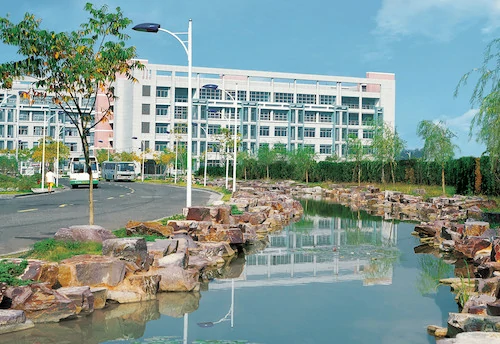
Dear International students, we invite you to apply to Hangzhou Normal University. Founded in 1908, it’s a well-respected institution. Located in the beautiful city of Hangzhou, the university offers ...

How does Students under 18 Apply to Study in China? Many agents have asked us whether students under 18 can study in China. The answer is yes. We know many students graduate at 16 or 17 and don’t ...
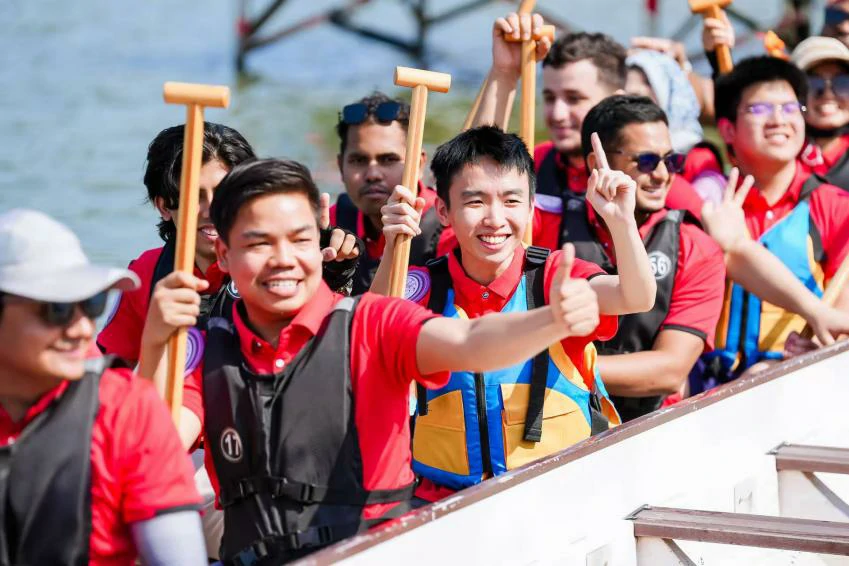
On May 29, over 120 international students from Huazhong University of Science and Technology took part in a dragon boat friendship race on Wuhan's Yujia Lake as part of the "Journey...

This university is located in Guilin, a world-class tourist city and a national historical and cultural city. It is a university jointly built by the Ministry of Education of China and the People's Go...
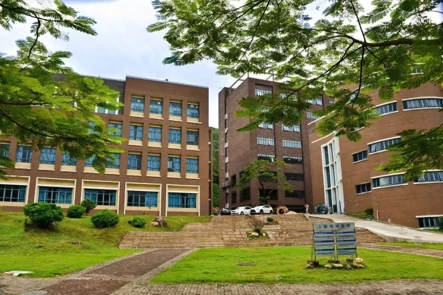
Beijing Normal University Belt & Road School Why Choose BRS for Your Postgraduate Journey? As a world-class institution within Beijing Normal University (BNU)—ranked #9 in China...
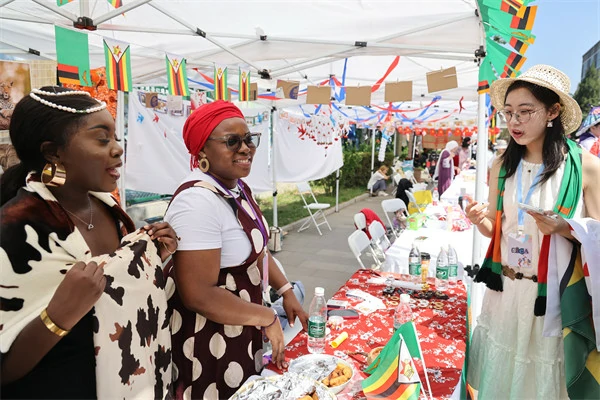
Dressed in exquisite traditional Indonesian batik attire, Wenny and her classmates were busy at their country's booth on the campus of Beijing Foreign Studies University, introducing visitor...
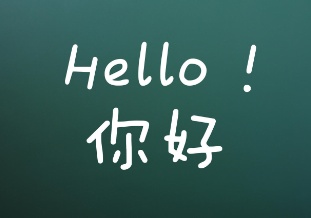
Greetings ni hǎo 你好 Hello zǎo shang hào ! 早上好! Good morning! wǎn shang hào ! 晚上好! Good evening! MAKING ANACQUAINTANCE A: 你好!我叫Hoefer。你叫什么名字? Hel...
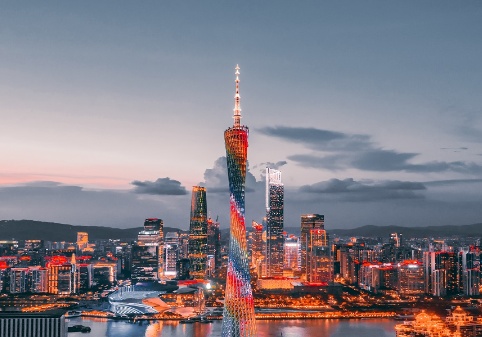
The 2024 Understanding China Conference was held in Guangzhou, Guangdong Province, from December 2 to 4. This year, the conference hosted over 600 guests from both China and abroad, setting a new hi...
Popular
SCG - May 9, 2025
Subscribe
